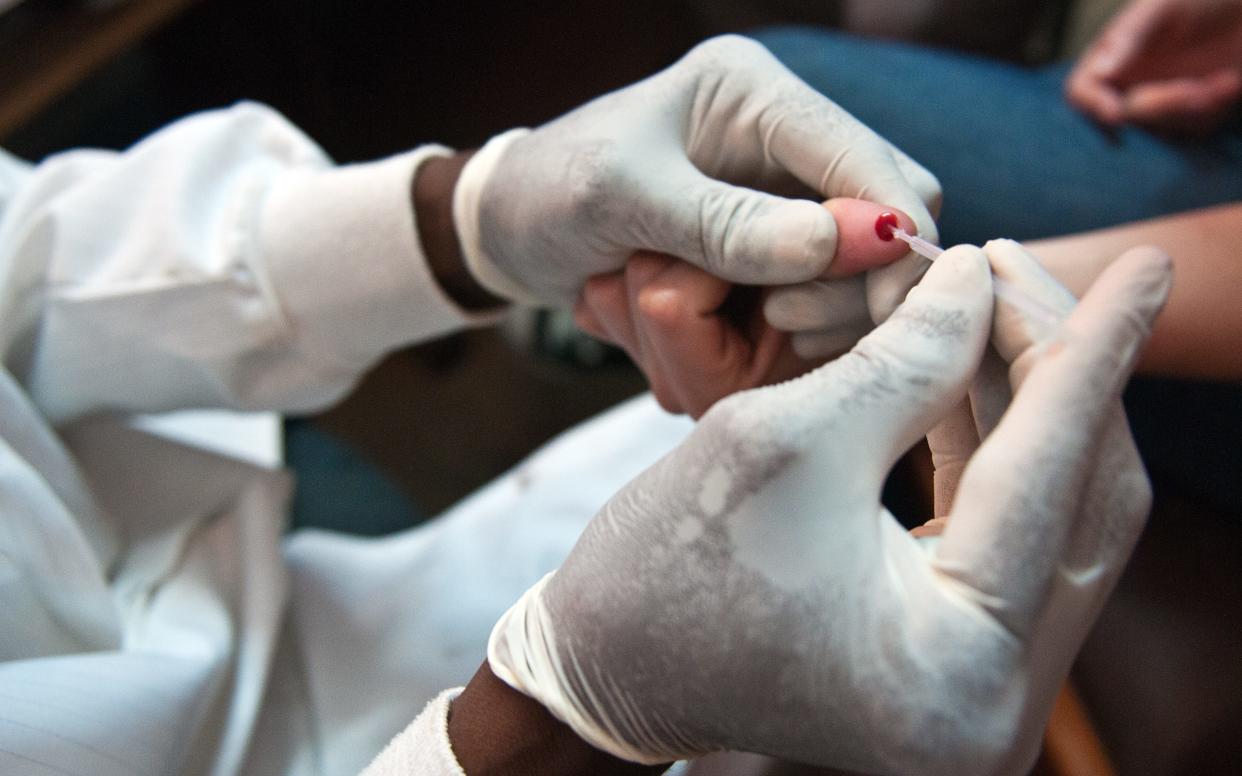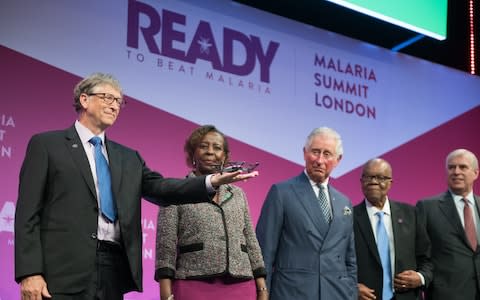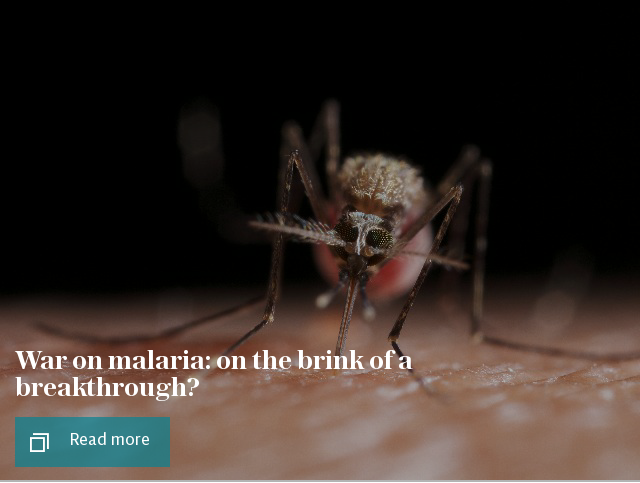Leaders make lasting commitment on malaria

Leaders from countries devastated by malaria have pledged nearly £1.5bn to in an effort to kickstart efforts to beat the disease once and for all.
At the end of a day-long meeting dedicated to renewing the war on the disease, leaders from Commonwealth countries pledged both funding and concrete commitments to put an end to the terrible toll malaria takes on their countries.
The leaders made their pledges at the end of the Malaria Summit London, held during the Commonwealth Heads of Government Meeting, which aimed to highlight the stalled progress in fighting the disease.
The meeting was attended by a range of heads of state as well as the Prince of Wales, the Duke of York and Bill Gates, Microsoft founder and philanthropist.
A total of £2.9bn was pledged to fight the disease which included £1.45bn from countries affected by malaria, £700m from the Bill and Melinda Gates Foundation and £160m from the UK government.

Commonwealth leaders also promised to halve the impact of malaria within five years, preventing 350m cases of the disease and saving 650,000 lives.
In 2016, when data on the disease was most recently collated, 216 million cases of malaria were recorded – 5 million more than in 2015, and the first time in 10 years the number of cases had increased.
Mr Gates, whose investment into malaria kickstarted a renewed focus on fighting the disease nearly 20 years ago, described the existence of malaria and the suffering it inflicts on some of the poorest communities in the world as an “affront”.
He described seeing a boy on a hospital ward in Tanzania suffering seizures brought on by cerebral malaria. He called for more funding, innovation and a focus on the intelligent use of data.

“We will move one step closer to the day when we can be confident that no child will ever have to go through what I saw in that hospital in Tanzania ever again,” he said.
He described global malaria funding as “flat”, with much of it going towards replacing worn-out nets and re-spraying houses, “which means we’re using a significant portion of our money just to keep up. In the meantime, the nets, sprays and drugs aren’t working as well as they used to.”
Mr Gates highlighted the huge number of promising innovations on the horizon, such as the new malaria vaccine and the development of genetically-modified mosquitoes.
He said that astonishing progress had been made since his first investment - with funding increasing by 1000 per cent and over seven million lives being saved - but added: “We can’t accept a world where malaria has been eliminated in some places and children continue to die in other places. Not when the disease is preventable, treatable and beatable.”

Novelist Chimamanda Ngozi Adichie, author of the novels Purple Hisbiscus and Half of a Yellow Sun, told the conference how as a child in Nigeria malaria was part of everyday life, with all her friends and family struck down by the disease at one time or other.
She described how everyone experienced malaria differently - for her it was a rumbling “anguish in her stomach”, while for one of her brothers it was deeply painful aches in his joints.
The prize-winning novelist, who divides her time between Nigeria and the US, told of her vigilance in ensuring that her daughter is not struck down by this debilitating illness.
"I find myself thinking how wonderful it would be to be free of this vigilance. How wonderful if no-one wasted days or weeks in the lethargy of malaria," she said.
Prince Charles used his speech at the summit to urge leaders to think about how efforts to fight malaria go hand in hand with the guardianship of the planet.
"We know that tropical deforestation and climate change are greatly complicating our attempts to eliminate malaria but, critically, they also threaten and reduce biodiversity, which holds some of the keys to a solution," he said.
He added that artemisinin, the drug used to treat malaria, is derived from sweet wormwood.
He said: "Who knows what natural plants or predators we may need to call upon in future if we are to be successful in preventing and treating malaria?"
Protect yourself and your family by learning more about Global Health Security

 Yahoo News
Yahoo News 
